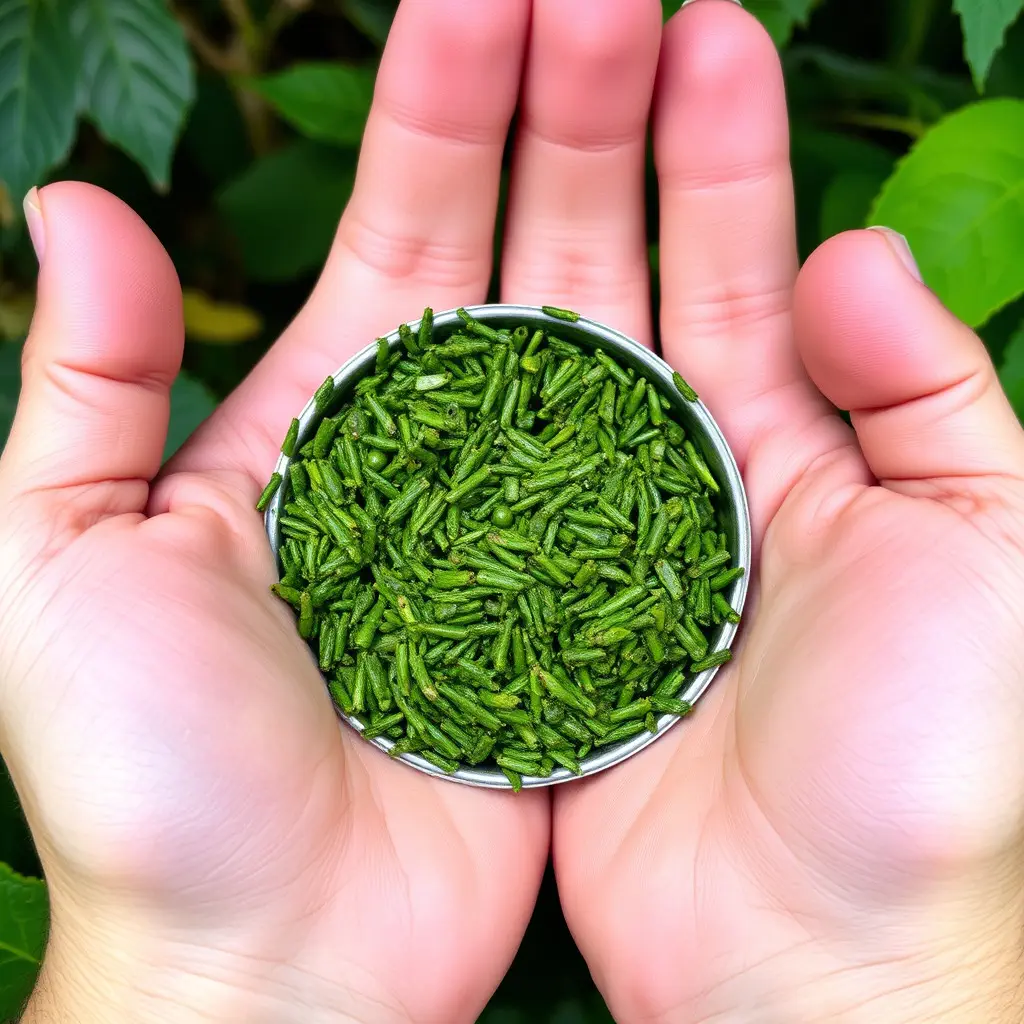Chronic pain, lasting for extended periods, significantly impacts daily life. Kratom, an herb from the tropical plant Mitragyna speciosa, offers a promising natural alternative for managing this condition. Its opioid receptor interactions reduce inflammation and alter pain perception, leading to improved mobility, sleep patterns, and overall quality of life. Studies and personal anecdotes support kratom's effectiveness in managing conditions like fibromyalgia, arthritis, and neuropathic pain, with lower addiction risk compared to prescription opioids. While more research is needed, kratom shows potential as a valuable tool in natural chronic pain management.
Chronic pain is a debilitating condition that significantly impacts daily life. Fortunately, natural solutions like kratom offer promise in symptom reduction and improving quality of life. This article delves into understanding the complexities of chronic pain and its effects on everyday activities. We explore kratom as an alternative treatment, examining scientific evidence and personal testimonials to determine its efficacy in managing pain naturally. Discover how kratom could be a game-changer for those seeking relief from persistent discomfort.
- Understanding Chronic Pain and Its Impact on Daily Life
- Exploring Kratom as a Natural Pain Management Option
- Scientific Evidence and Personal Testimonials: Does Kratom Work?
Understanding Chronic Pain and Its Impact on Daily Life
Chronic pain is a complex condition that can significantly affect an individual’s daily functioning and overall well-being. It refers to pain that persists for months or even years, often continuing long after the initial injury or illness has healed. This ongoing pain can be debilitating, making simple tasks challenging and impacting a person’s ability to engage in activities they once enjoyed. Individuals living with chronic pain may experience physical discomfort, fatigue, sleep disturbances, and emotional distress, all of which contribute to a reduced quality of life.
Kratom, a natural herb, has gained attention as an alternative solution for managing chronic pain. It contains compounds that interact with opioid receptors in the brain and body, potentially offering analgesic effects similar to opioids without the same level of addiction risk. By targeting these receptors, kratom can help reduce inflammation and ease pain perception, enabling individuals to regain control over their daily lives. Effective chronic pain management with Kratom can lead to improved mobility, better sleep patterns, and a higher overall sense of well-being.
Exploring Kratom as a Natural Pain Management Option
Kratom, derived from the tropical plant Mitragyna speciosa, has gained attention as a potential natural remedy for managing chronic pain. This herb has been used for centuries in Southeast Asia for its analgesic and stimulating properties. Recent studies suggest that kratom can effectively reduce symptoms associated with long-term pain conditions, offering an alternative option for those seeking relief from traditional medications.
The active compounds in kratom interact with opioid receptors in the brain and body, providing pain relief similar to opioids but with a lower risk of addiction. It is believed that kratom’s unique chemical profile allows it to target specific nerve pathways involved in pain perception, making it a promising natural alternative for chronic pain management. This herbal supplement has shown potential in treating conditions like fibromyalgia, arthritis, and neuropathic pain, significantly improving patients’ quality of life.
Scientific Evidence and Personal Testimonials: Does Kratom Work?
Kratom has garnered significant attention for its potential in chronic pain management, backed by both scientific evidence and personal testimonials. Numerous studies have explored its effects on reducing pain symptoms, with some showing promising results. Research suggests that kratom’s unique combination of alkaloids can interact with opioid receptors, providing analgesic effects without the same level of addiction risk associated with prescription opioids. This alternative approach to chronic pain management has led many patients to report improved quality of life and reduced reliance on traditional medications.
Personal accounts from users highlight the plant’s effectiveness in alleviating persistent pain conditions like fibromyalgia, arthritis, and neuropathy. These testimonials often describe a noticeable improvement in mobility, sleep patterns, and overall well-being after incorporating kratom into their routines. While more research is needed to fully understand its mechanism of action and long-term effects, the growing body of evidence suggests that kratom could be a valuable tool for those seeking natural solutions to chronic pain management.
Kratom has emerged as a promising natural remedy for managing chronic pain, offering significant relief and improving overall quality of life. Backed by both scientific evidence and compelling personal testimonials, it provides an alternative approach to traditional pain management methods. By understanding the science behind Kratom’s effects, individuals can make informed decisions about incorporating this herb into their routine as a safe and effective way to combat chronic pain.






